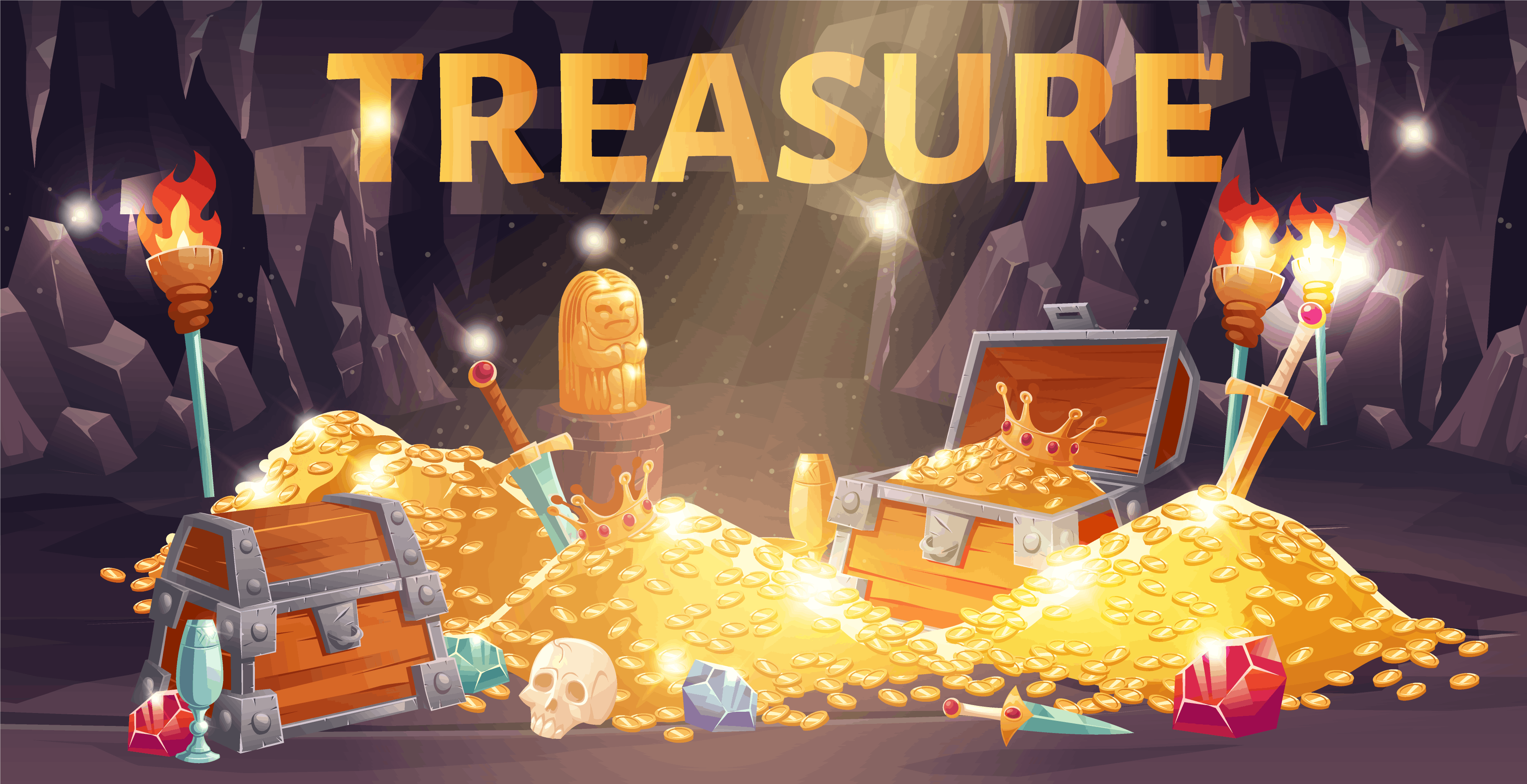270 reads
Interest in Play-to-Earn Games Soars as Covid-19 Fallout Fails To Deter Gamers
by
October 24th, 2021
Audio Presented by

Entrepreneur. Attorney. Athlete. I write about innovations in blockchain and crypto space. Passionate about DeFi.
About Author
Entrepreneur. Attorney. Athlete. I write about innovations in blockchain and crypto space. Passionate about DeFi.
